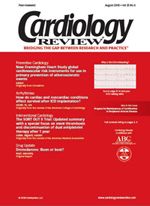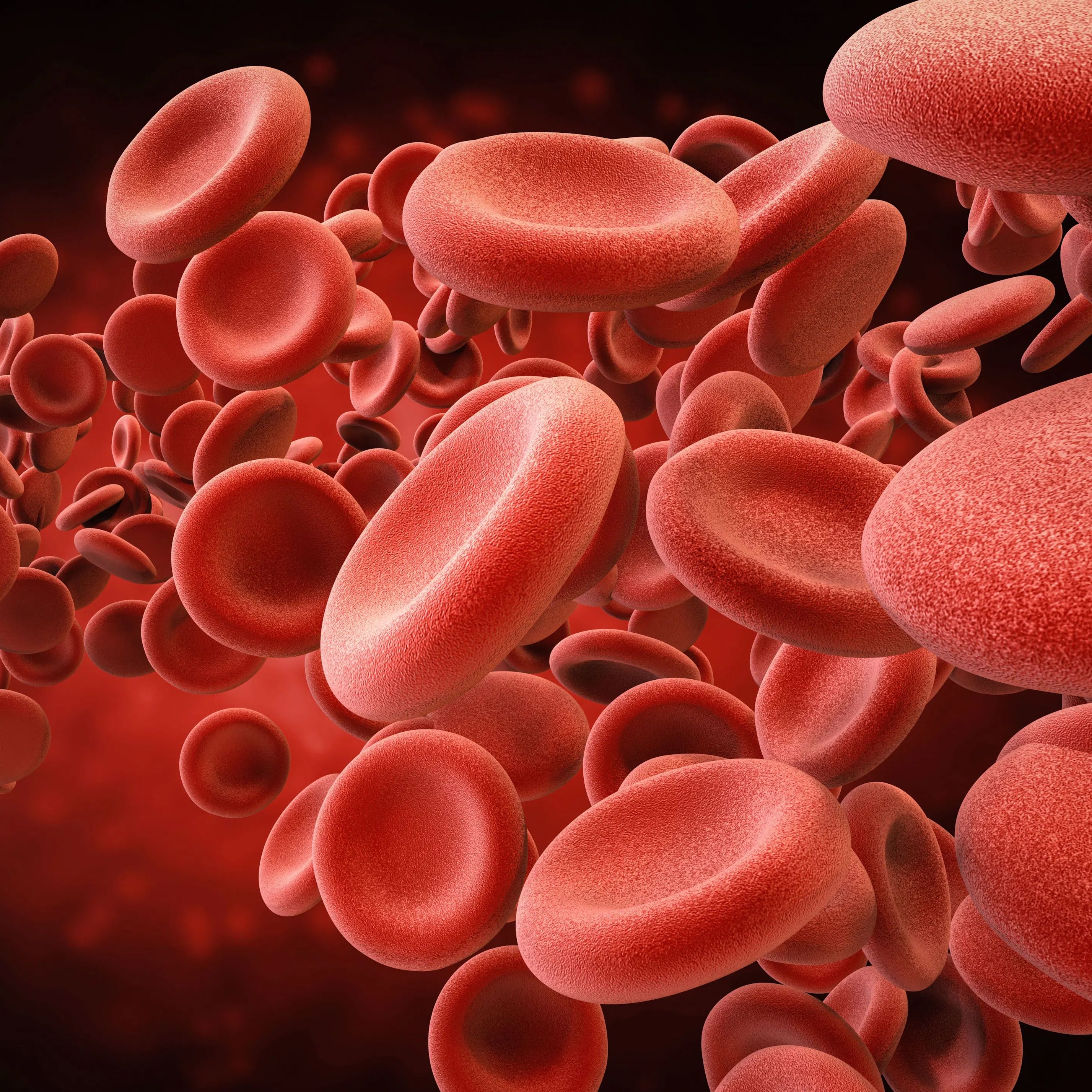Publication
Article
Cardiology Review® Online
The need for multidrug regimens to attain goal blood pressure in ethnic minorities
A single, 56-year-old, African American truck driver with uncontrolled hypertension was referred to his primary care physician by his orthopedic physician for further evaluation following a knee injury. The patient smoked 1 pack of cigarettes per day for 30 years and drank occasionally. Other than mild pain in the right knee, he had no symptoms. He was not taking any medication for the hypertension. He had been diagnosed with hypertension a few years earlier and was prescribed amlodipine (Norvasc), but he said that he discontinued the medication because he developed leg swelling.
The patient was 1.72 m and weighed 112 kg (BMI is 37 kg/m2). His blood pressure readings were consistently around 170/100 mm Hg, and his pulse was 80 beats per minute. Results of the physical examination were normal. His blood chemistry tests were normal. Results of his laboratory tests showed the following values: creatinine, 1.2 mg/dL; total cholesterol, 248 mg/dL; triglycerides, 450 mg/dL; low-density lipoprotein cholesterol, 106 mg/dL; and high-density lipoprotein cholesterol, 52 mg/dL. There was no evidence of any secondary cause of hypertension. The patient was started on 40 mg of lisinopril (Prinivil, Zestril) once daily and 25 mg of hydrochlorothiazide (Hydrodiuril, Microzide) once daily. He was encouraged to stop smoking.
The hospital dietitian gave him information on diet, exercise, and weight loss. Two weeks later, his blood pressure was 148/86 mm Hg and pulse was 86 beats per minute. His primary care physician added 240 mg of diltiazem SR (Cardizem CD, Dilacor XR) once daily. At a subsequent visit 3 months later, his blood pressure was 136/80 mm Hg and pulse was 70 beats per minute. He had not lost any weight, nor had he stopped smoking, but he did lower his salt intake. He did not report any adverse effects and stated that he was adherent to the medication regimen.






